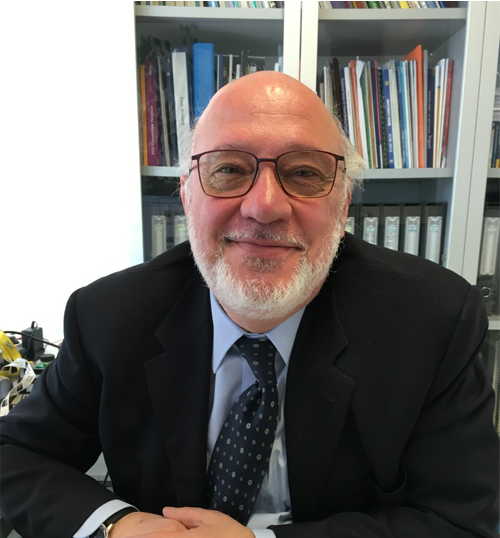CHANNEL FORMATION BY MITOCHONDRIAL ATP SYNTHASES. REGULATION BY Ca2+ AND OXIDATIVE STRESS
Abstract
Mitochondria can undergo an increase of inner membrane permeability (the permeability transition, PT) causing inner membrane depolarization, Ca2+ release and cessation of ATP synthesis. Prolonged openings may cause matrix swelling and outer membrane rupture with release of intermembrame proteins. The PT requires matrix Ca2+, is favored by oxidative stress and inhibited by matrix H+ and Mg2+/ATP(ADP). The PT is mediated by opening of a high-conductance channel, the PT pore (PTP) or mitochondrial megachannel (MMC) [1]. Cyclophilin D (CyPD) is the best characterized protein modulator of the PTP and the receptor for its inhibitor cyclosporin A (CsA). The pursuit of the PTP has taken a new course after the discovery that CyPD interacts with, and modulates, the F1FO (F)-ATP synthase as well [2]. The subsequent demonstration that bovine, human, yeast and drosophila F-ATP synthases form Ca2+-activated channels set the foundation for the hypothesis that the PTP originates from specific conformations of F-ATP synthase [3]. The debate is open as to whether and how F-ATP synthase can undergo a transition from key energy-conserving enzyme to energydissipating channel that favors or causes cell death. We will discuss recent advances in this rapidly moving field based on site-directed mutagenesis of selected residues of F-ATP synthase.
1. Bernardi P, Rasola A, Forte M & Lippe G (2015) The Mitochondrial Permeability Transition Pore: Channel Formation by F-ATP Synthase, Integration in Signal Transduction, and Role in Pathophysiology. Physiol Rev 95, 1111-1155.
2. Giorgio V, Bisetto E, Soriano ME, Dabbeni-Sala F, Basso E, Petronilli V, Forte MA, Bernardi P & Lippe G (2009) Cyclophilin D modulates mitochondrial F0F1-ATP synthase by interacting with the lateral stalk of the complex. J Biol Chem 284, 3398233988.
3. Bernardi P & Lippe G (2017) Channel Formation by F-ATP Synthase and the Permeability Transition Pore: An Update. Curr Opin Physiol, in press.
